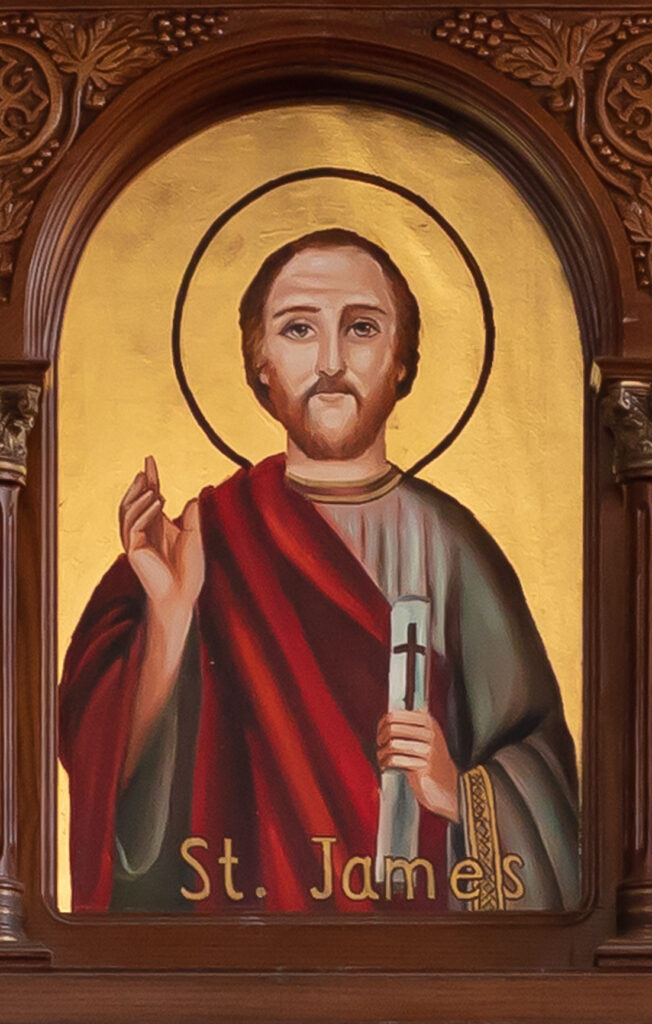
"What does it profit, my brethren, if someone says he has faith but does not have works? Can faith save him?"
(James 2:14)

"After that He (Jesus) was seen by James, then by all the apostles"
(1 Cor. 15:7)
“and when James, Cephas, and John, who seemed to be pillars, perceived the grace that had been given to me, they gave me and Barnabas the right hand of fellowship, that we should go to the Gentiles and they to the circumcised”
(Gal. 2:9)
"Thus also faith by itself, if it does not have works, is dead. But someone will say, 'You have faith, and I have works.' Show me your faith without your works, and I will show you my faith by my works".
(James 2:17-18)